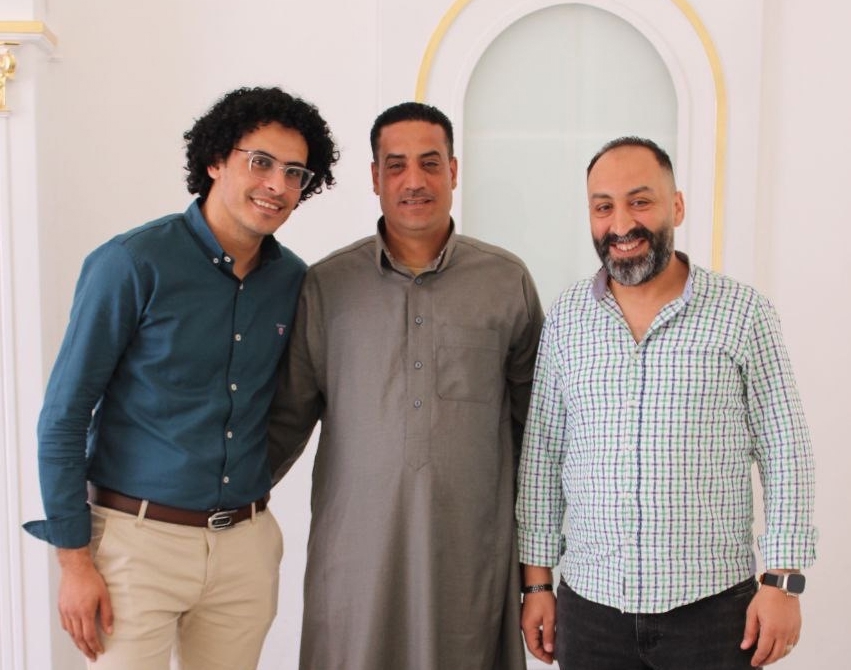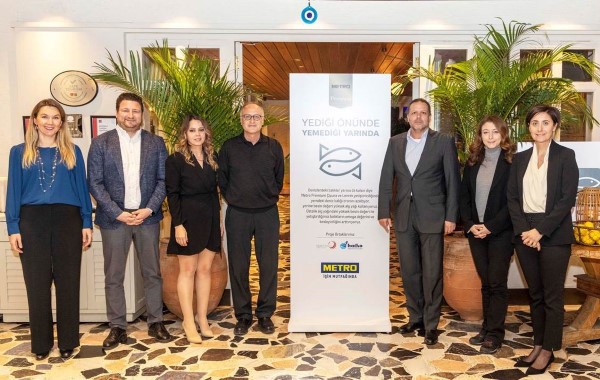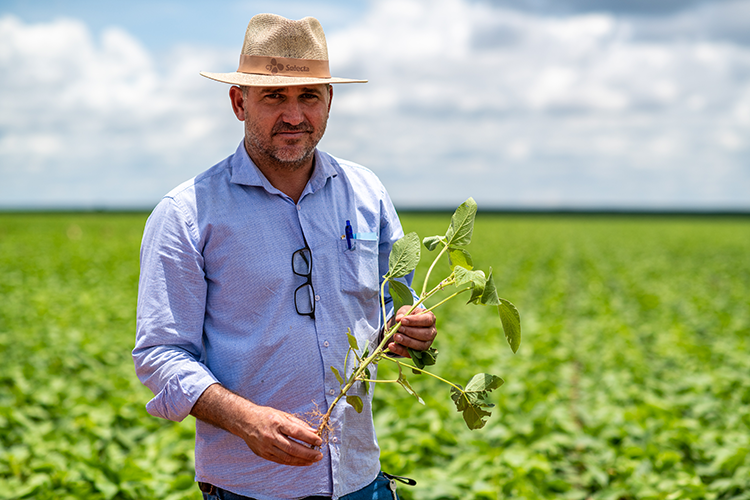High profile stakeholders in FEED-X, including WWF, IKEA and Skretting met in London today to discuss the outcomes of the category de-risking phase of the project. This process has identified criteria to guide the next phase – searching for the next big innovation to radically transform the global feed industry.
- EED-X is the first pilot programme to come out of Project-X, a corporate systems accelerator that helps entire industries to adopt more profitable, sustainable innovations in their supply chains.
- The primary purpose of Project-X is to radically transform the sustainability performance of 10 selected industries in 10 years.
- The FEED-X project involves a number of strategic partners, with Skretting the lead corporate organisation. Others include WWF, IKEA, Climate KIC, University of Cambridge, BSR, One Planet and Thomson Reuters.
Today's meeting was a discussion on the outcomes of the category de-risking that has been undertaken, a process that has used 6 ‘lenses’ or views to assess the risks posed by scaling up innovations which have the greatest potential to deliver sustainability gains in the feed value chain. A number of experts have taken part in this process, including Harvard University, Wageningen University, Utrecht University, Blonk Consultants, Brand Legacy and FAI Farms. This process has been used to identify the criteria to guide the search of categories of innovation. The integrated results will enable solid financing, insurance and purchasing in the future.
"Our Category De-Risking is a key stage in the FEED-X programme,” says Marcela Navarro, CEO and co-founder at Project X. “Through an independent, transparent and objective process we have worked in a coordinated approach with a distinguished group of researchers to identify the risks associated with scaling sustainable innovations across six important themes which include ethical, environmental, legal, social acceptability, nutritional and economic assessments."
James Rose, Skretting Operations & Procurement Director, says the workshop was a great opportunity to clarify any potential issues when it comes to scaling innovations. “At Skretting, we have seen that the biggest limitation in implementation of novel ingredients is scale. This project allows a game-changing discussion to mobilise the necessary resources, and highlights why we’re involved in the project – we can make a real impact to global sustainability. And of course we see a direct link with our mission of Feeding the Future.”
Through its mission of ‘Feeding the Future’, Skretting has been evaluating alternative novel ingredients, the ways that they work together and the benefits that they can provide aquaculture species. The constant ambition throughout all of this R&D has been to extend the flexibility and sustainability of the aquaculture value chain. Read more about our work on raw materials here.



